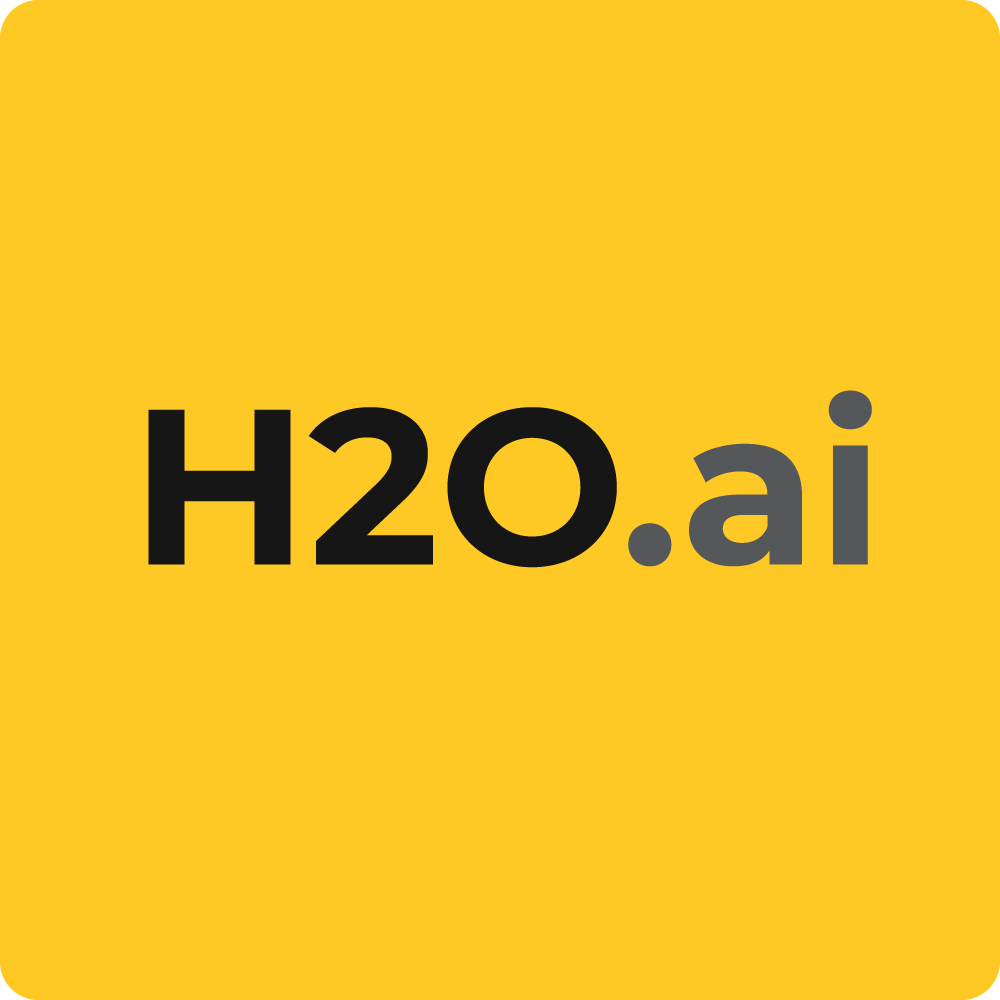
Generative AI is reshaping how organizations around the world tackle critical challenges—from fraud detection and cybersecurity to streamlining operations and enhancing public safety. And government agencies are no exception. In a recent H2O.ai webinar co-hosted by Carahsoft, industry leaders Jeffrey Phelan (Public Sector Growth Lead at H2O.ai), Shane Barney (CISO at Keeper Security and former CISO at USCIS) and David Epperson (CISO at H2O.ai) shared practical insights on effectively and securely adopting GenAI in high-stakes environments.
Where Should Agencies Start?
A common question facing government leaders today is how to begin the journey with GenAI. According to Shane Barney, former CISO at USCIS and now CISO at Keeper Security, the key is to start small:
“Pick something mundane, something simple. It’s going to save you money, and you’ll learn a lot from it. Then, when tackling more complex tasks, you’ll have a better understanding.”
David Epperson, CISO at H2O.ai, emphasized choosing use cases with high volume, clear rewards, and low risk, alongside reliable data to ensure early success. This approach helps agencies gain trust and confidence to expand GenAI efforts.
Essential Frameworks and Strategic Considerations
Frameworks can provide valuable guidance, helping organizations frame critical questions about GenAI implementation. Barney and Epperson highlighted that although frameworks from National Institute of Standards and Technology (NIST) and ISO - International Organization for Standardization are useful starting points, addressing risk requires deeper consideration:
“Frameworks don't address risk directly—they address areas to ensure coverage. Managing risks of generative AI is especially challenging since we’re still learning what those risks look like.”
Epperson advised agencies to evaluate policy readiness and data readiness, stressing the importance of having accurate and robust data for successful GenAI deployments.
Defining and Measuring Success
What does successful GenAI adoption look like? The panelists agreed that mission alignment is critical:
“You can do all the back-office work you want, but none of it matters if the mission isn’t improving,”
David Epperson, CISO at H2O.ai
He encouraged leaders to engage with the end users—the American public—to ensure GenAI implementations genuinely improve service delivery.
Sovereign AI and Security Concerns
One of the major concerns for government agencies is maintaining control over sensitive data. Sovereign AI—where agencies retain full control over data and infrastructure—is becoming crucial for secure GenAI deployments.
“Sovereignty builds trust,” Epperson noted. “Agencies want assurance their data stays inside the wire, fully secure and interrogable for accuracy and bias.”
H2O.ai supports Sovereign AI by enabling enterprises to host open-source large language models on-premises, ensuring agencies maintain full control over their data and models. This flexibility allows organizations to swap models quickly as technology evolves, mitigating risks associated with vendor lock-in and data security.
Barney underscored the complexity of securing GenAI due to its dual nature as user-facing infrastructure and a sophisticated system. He recommended strict privileged access management (PAM) protocols to mitigate the significant risk of insider threats or inadvertent exposure.
Workforce Readiness and Upskilling
Both Barney and Epperson highlighted the need for continuous workforce upskilling. As GenAI evolves, so too must agency staff:
“Upskill your workforce immediately,” urged Epperson. “Educate them on prompt engineering, data handling, and the potential pitfalls of GenAI. This isn’t just a new tool—it’s a transformative capability.”
Panelists offered practical tips,including leveraging resources such as H2O.ai’s University program, which provide foundational knowledge and certifications in predictive and generative AI. Barney recommended agencies focus initial training on prompt engineering, data privacy best practices, and clear understanding of GenAI’s operational boundaries.
Key Takeaway: Get Started
The panelists’ final recommendation was unanimous and clear:
“Just get started,” emphasized Epperson. “Pick a use case, learn fast, fail cheap, and gain traction. This is how you build capability and trust.”
Generative AI presents an unprecedented opportunity for government agencies to enhance their missions significantly. By starting small, managing risks diligently, and continuously investing in workforce development, agencies can unlock immense value from this transformative technology.
To further explore these insights and practical frameworks, [view the full webinar recording].
If you have an enterprise AI use case and would like to learn more about H2O.ai, request a live demo here.













